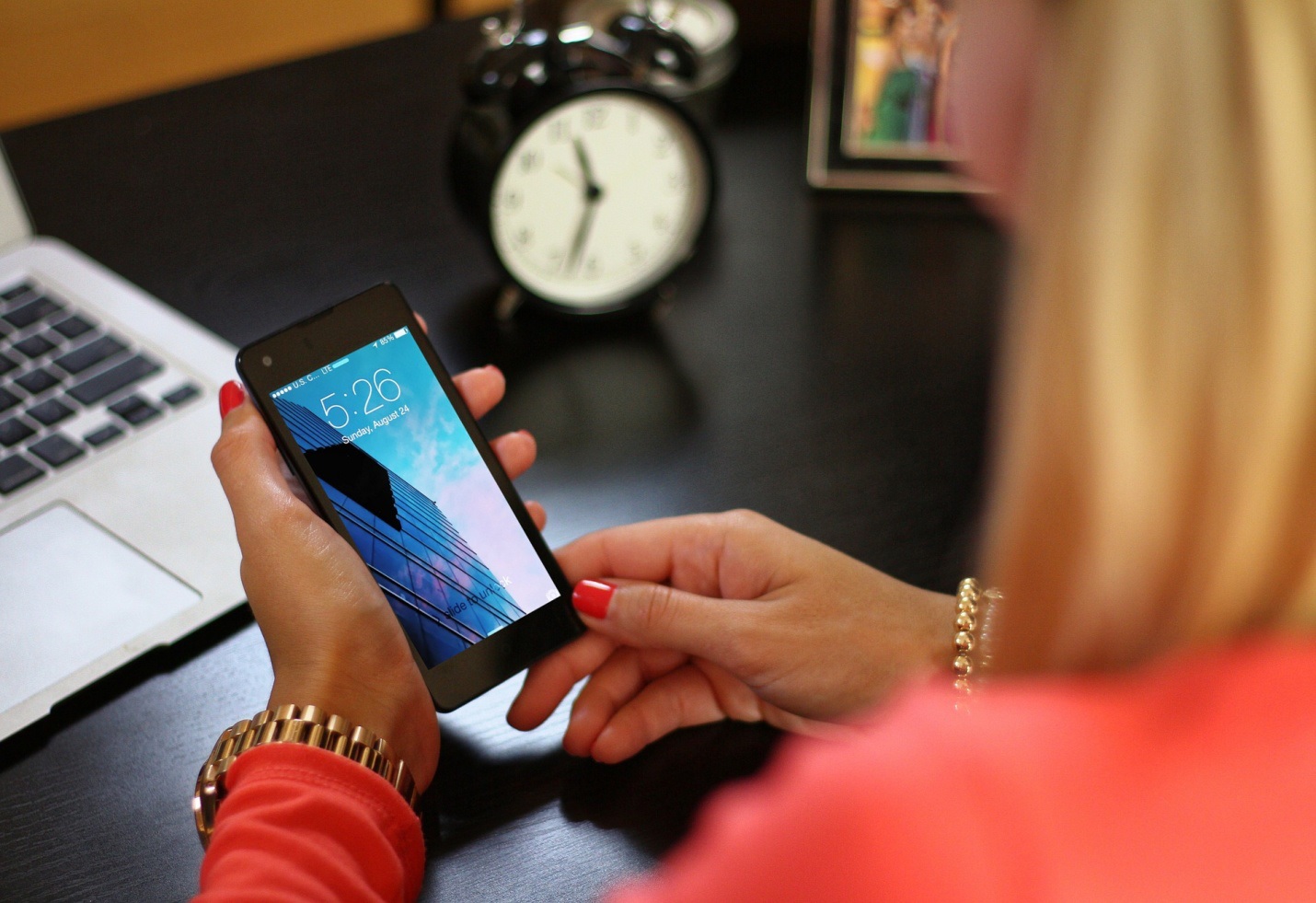Best Practices for Working from Home: What You should Remember

More and more entrepreneurs are working remotely – away from the traditional office, either at home, in a coffee shop, or another place they find more suitable. The same is true for freelancers and office employees of both the private and even the public sectors. Working remotely offers many advantages for the employees as well as the employers, and it’s a trend that’s bound to continue, even increase.
There are, however, some pitfalls – often the comfort is actually a distraction and staying productive can be a challenge sometimes. Being efficient requires good planning and some discipline. Thinking about getting things done remotely? Here are the best practices for working from home: what you should remember.
Set office hours
This doesn’t mean that your office hours should be Monday to Friday, from 9 to 5. In fact, it would defeat some of the perks you get from working remotely. However, you should set a schedule, and stick to it. This will allow you to create a productive routine and lets you balance work and play much better. It will also allow you to notify other people of your intentions, and avoid distractions.
Create a structure
Once you’ve set scheduled hours for your business, arrange and organise them in such a way that you are as efficient as you can be. Most people find that if they handle the hardest tasks earlier on, their working day gets better as it progresses. This may or may not work for you, but the point is: find a structure that works for you and make it into a habit. It’s all about getting as much work done in as little as possible time without sacrificing quality – even improving the quality.
Have an office
If you want to work from home, you need to get into working mode. Make sure you have all the tools you need and that you feel that your space is indeed for working. Invest some money in a good chair and great office supplies. Make use of tools such as free time tracking and time management software such as that from Alpaka-Punch.com as well.
Get dressed
You don’t need to dress as if you were going to an external office, but do get dressed. It’s psychologically healthy.
Take breaks
Breaks are important for two reasons: first, to let your mind rest, and secondly, to make sure you celebrate your accomplishments and prepare for tasks ahead.
Avoiding distractions is often the hardest part of working remotely – it’s tempting to turn on the TV, check the garden, or chat with a neighbour who happens to drop by. Let everyone know you work from home, but make sure they understand that it’s working time and that you are busy during certain hours of the day. Once you’ve been able to organise your professional life in this way, the real advantages will truly start to show.
Image attributed to Pixabay.com




